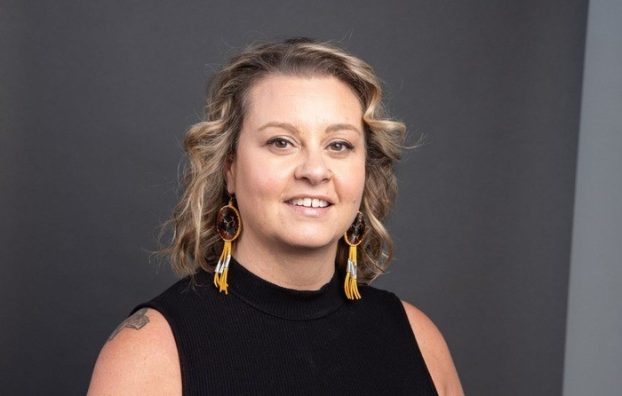Call it survival of the fittest: Canada’s already competitive health club industry is being further disrupted as Orangetheory Fitness, a privately owned franchise based in Boca Raton, Florida, looks to expand its footprint in the Great White North.
The company will be in over 100 locations by year’s end 2019, and closed out 2018 with 84 locations. Founded in 2010, Orangetheory offers high-intensity interval training programs in 1,100 locations across 20 countries and 49 states.
It differentiates itself from competitors by offering heart rate tracking and real-time performance metrics, which has grown in demand as more Canadians adopt health and wellness practices.
According to a 2019 report by the National Fitness Leadership Alliance, the Canadian gym market is being impacted by this demand for fitness tracking. The report states that the category continues to see an “explosion of high-intensity interval training [and] many new chains and gyms that are basing their programs on wearable technology.” The alliance, which represents over 10,000 registered exercise professionals across Canada, says the fitness tracking tech inside of gyms is on-trend, as “individual members can see their personal progress during class.”
National marketing manager Craig Morin says data is “the core of our brand,” noting that its “in-studio technology” aggregates the data of nearly one million global members to get a better understanding of how users respond physiologically to the company’s proprietary workouts. Its app tracks results from each workout, but also allows users to book and cancel classes, participate and monitor studio challenges and engage with the studio community remotely.
Morin says that Orangetheory occupies a different space in the marketplace than the likes of GoodLife (which remains the country’s largest chain with 450 locations), LA Fitness or Planet Fitness – although he concedes that a large percentage of its members also hold a membership at a big-box style facility to supplement their workout regimen. Orangetheory only offers month-to-month memberships with no annual contracts, which Morin says drives the brand to improve the gym experience to be more disruptive.
When it comes to brand awareness, Orangetheory finds itself a “few years behind” than where it is in the U.S., as it only recently went to market with several of its Canadian locations. Canadians are more value-sensitive than customers south of the border, Morin says. They often need a clearer understanding of the “why” when it comes to price variation.
“When a potential member is considering us versus a discount fitness centre, they’ll sometimes look at it as simply two different options and go for the cheaper solution,” he says, adding that its primary focus will be to educate consumers about what the brand and its tech-driven experience is about in order to break through. It struck a new agency partnership with Arcane, a full-service agency out of London, Ontario, to help achieve that goal.
This year, it plans to enter a handful of remaining new markets – it’s targeting New Brunswick as the final province to open a location – as well as areas that can accommodate additional studios, although Morin would not share which cities it plans to expand next.
























